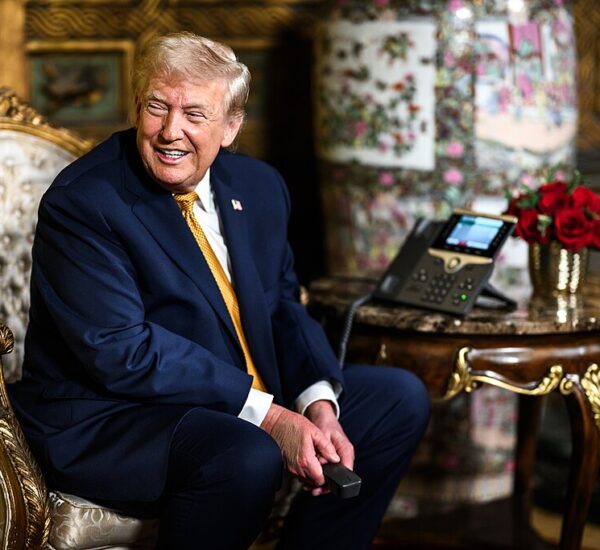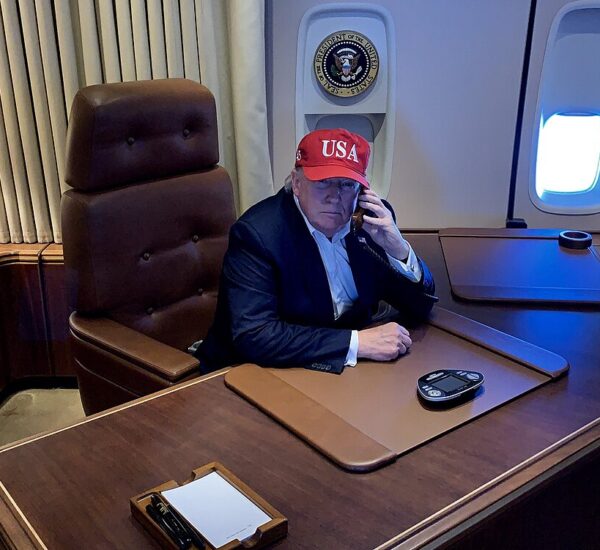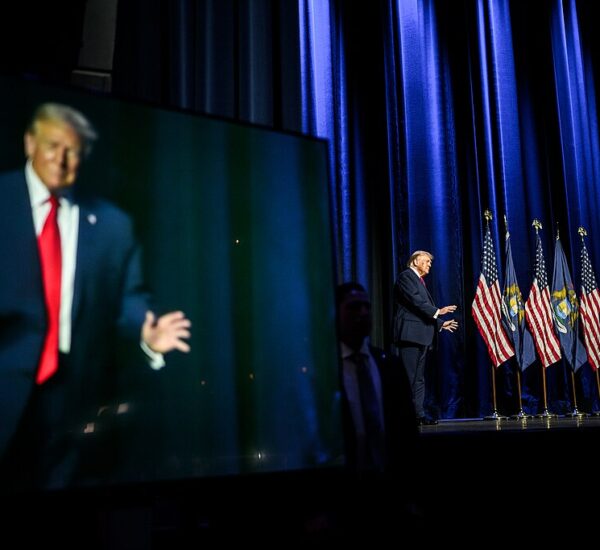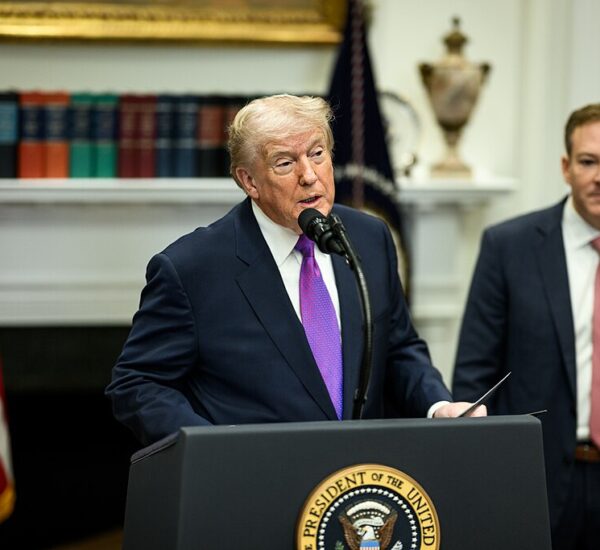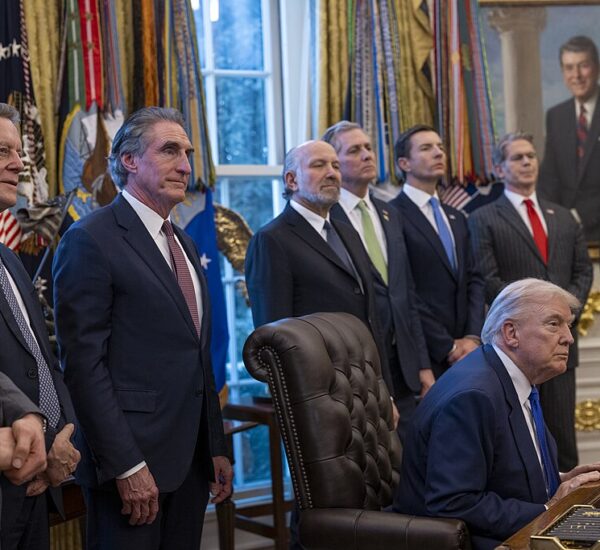Speaker Johnson Backs Trump’s Gaza Decision?
On Wednesday, Speaker of the House Mike Johnson (R-La.) expressed support for President Trump’s recent proposal regarding the Gaza Strip, calling it a bold and decisive approach, even though it has faced criticism from both sides of the aisle. During a White House press conference earlier in the week, Trump suggested that the U.S. should take control of the Gaza Strip to bring stability to the region, describing the area as potentially becoming a thriving part of the Middle East.
In response to questions about whether the proposal fits within the “America First” foreign policy vision, Speaker Johnson acknowledged the surprise it caused but explained that the U.S. has a crucial role to play in ensuring peace in such a volatile region. He noted that the proposal was far more aggressive than anything that had been tried before, but emphasized the importance of standing firmly with Israel, the U.S.’s closest ally in the Middle East.
Johnson highlighted the dangerous nature of the region and suggested that Trump’s bold move could help secure peace not just for the Middle East but for the world. He explained that if the U.S. could bring stability and control to the region, it would have far-reaching benefits for everyone, not just those living in the immediate area.
Though Speaker Johnson encouraged waiting for further details, he reaffirmed that the initiative should be considered seriously. He stated that securing a safer environment for Israel and its neighbors in the region is a logical and necessary step. As Johnson prepares to meet with Israeli Prime Minister Netanyahu, he reiterated his support for the President’s vision, emphasizing the importance of strengthening the U.S.-Israel alliance and working toward a more stable future for the Middle East.
Despite some opposition from figures within his own party, Johnson remains optimistic about the potential positive outcomes of Trump’s proposal and believes it is an important move for U.S. foreign policy.

